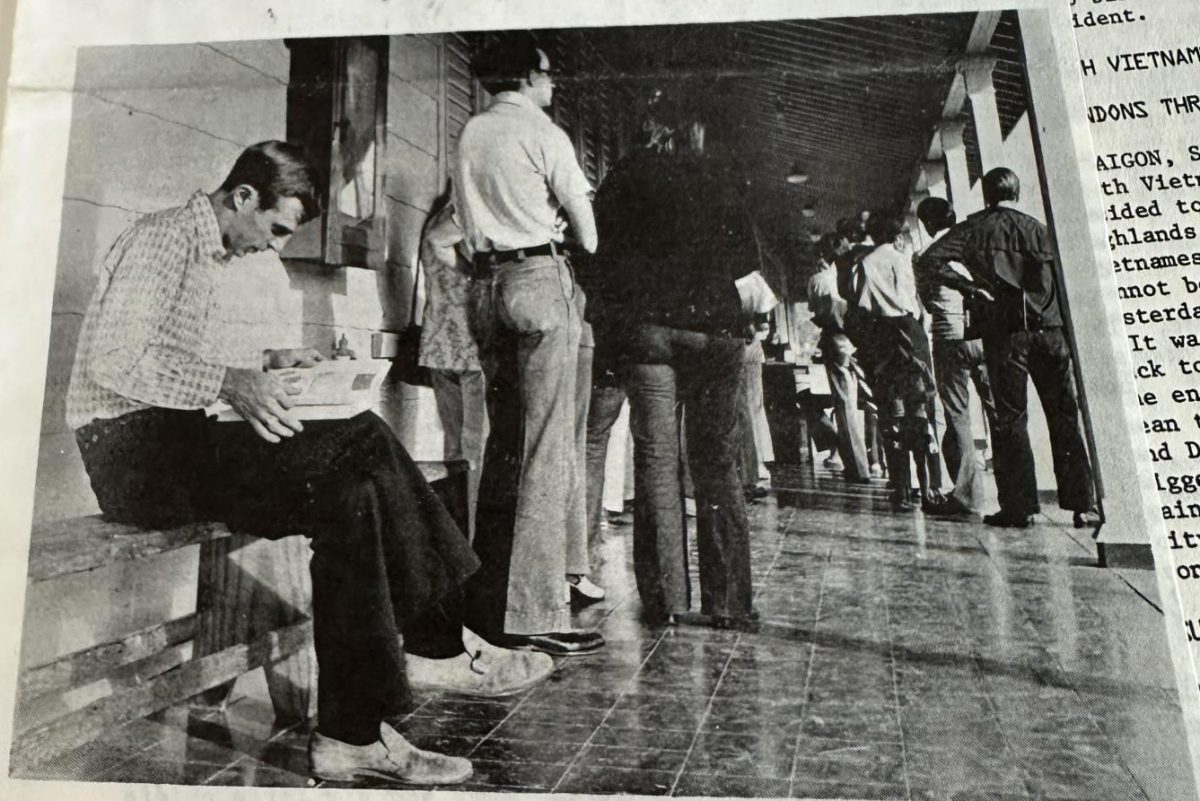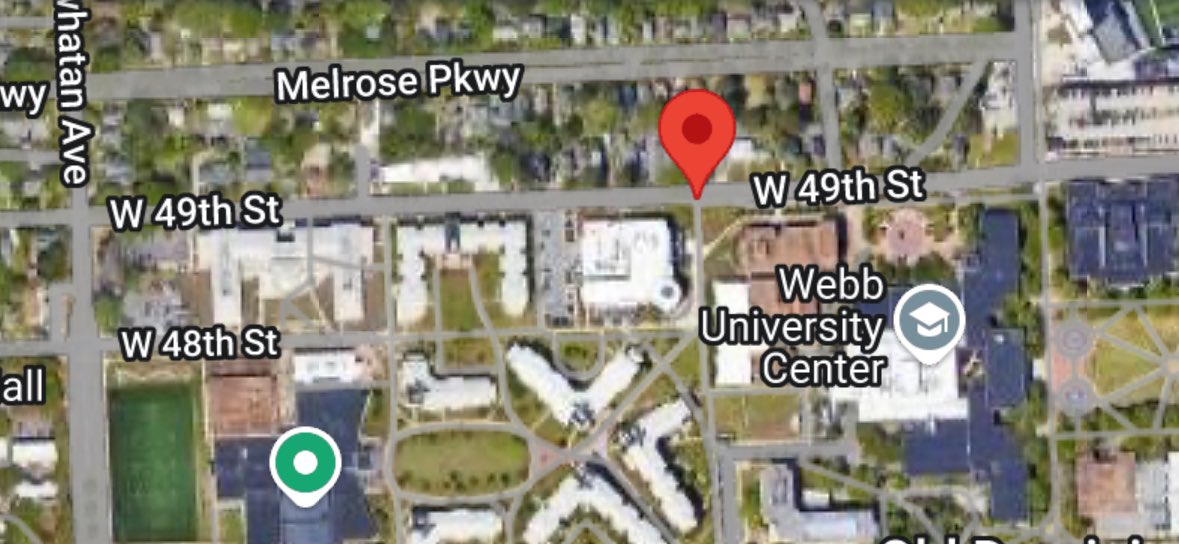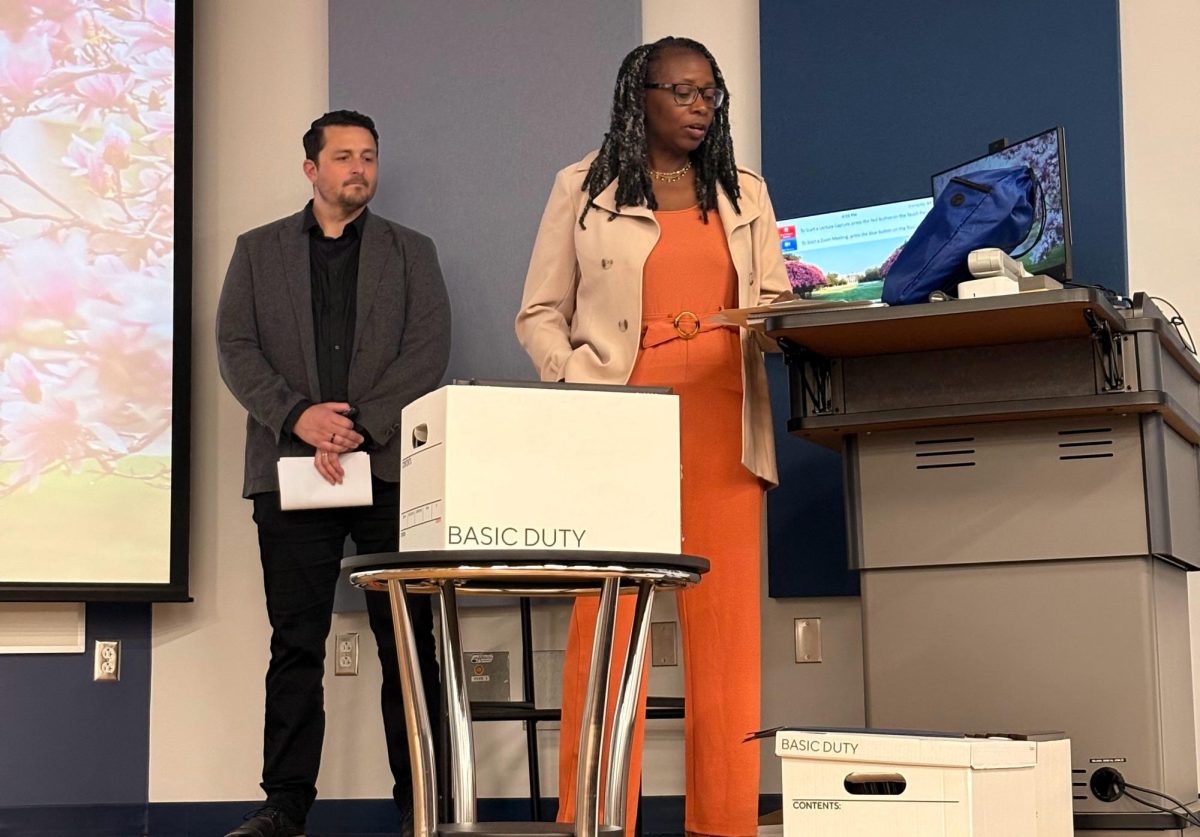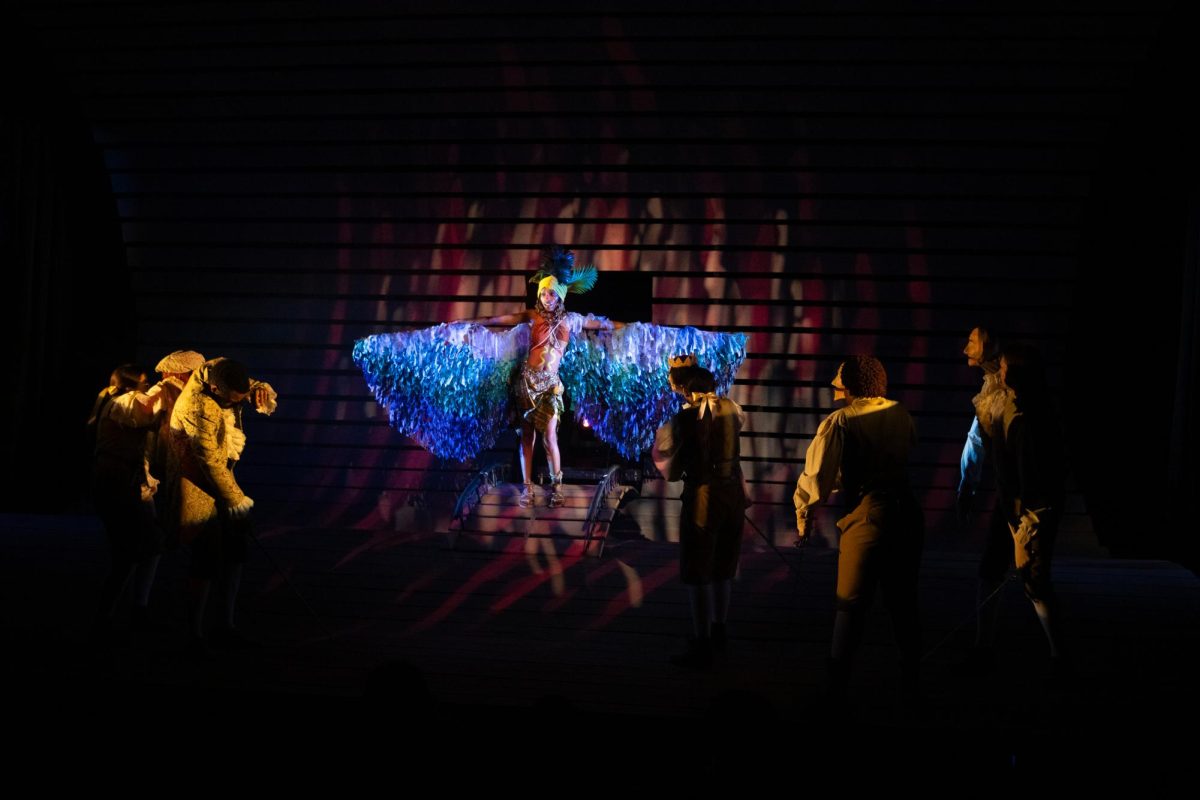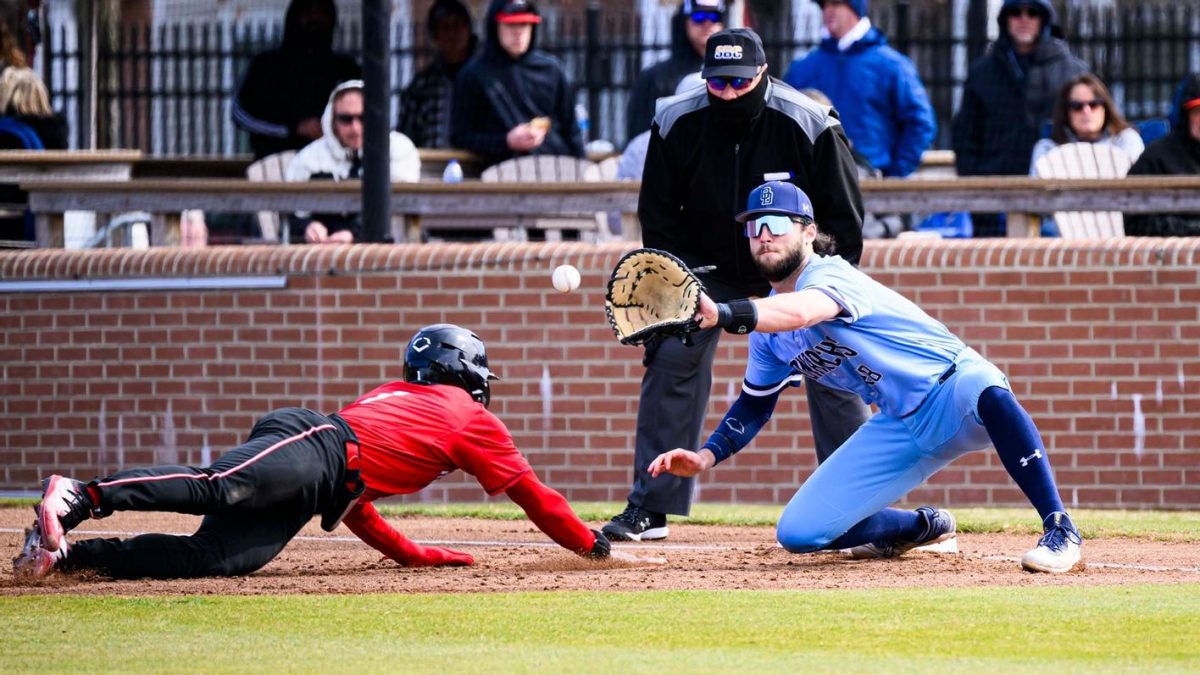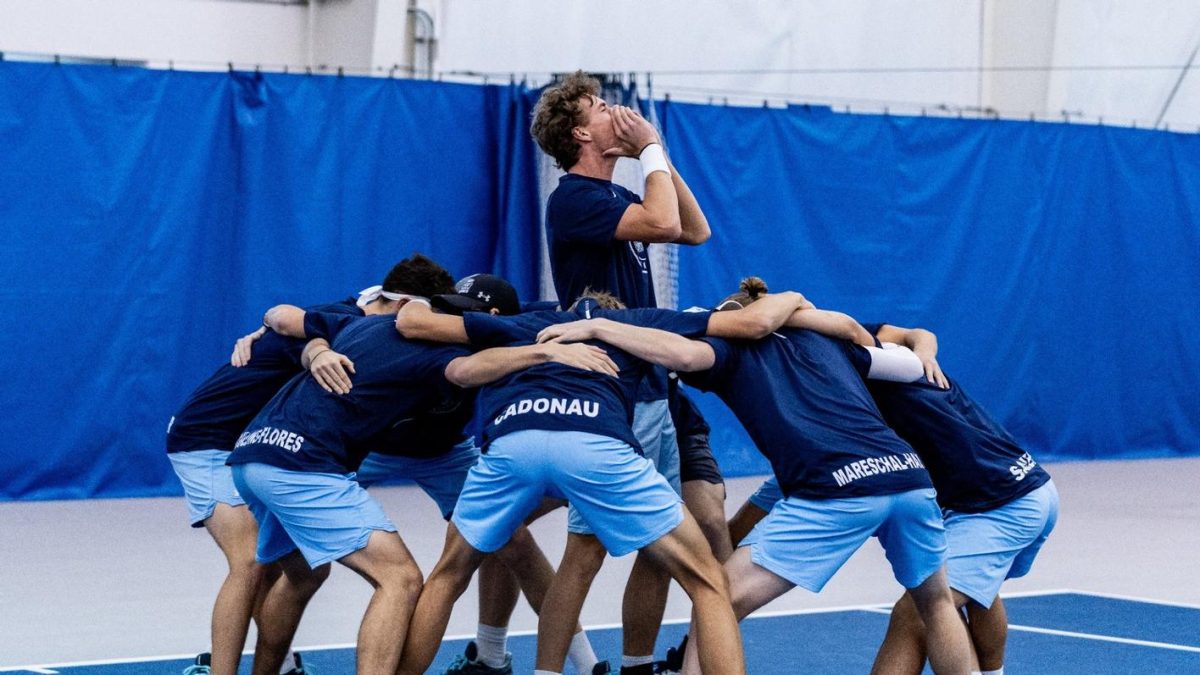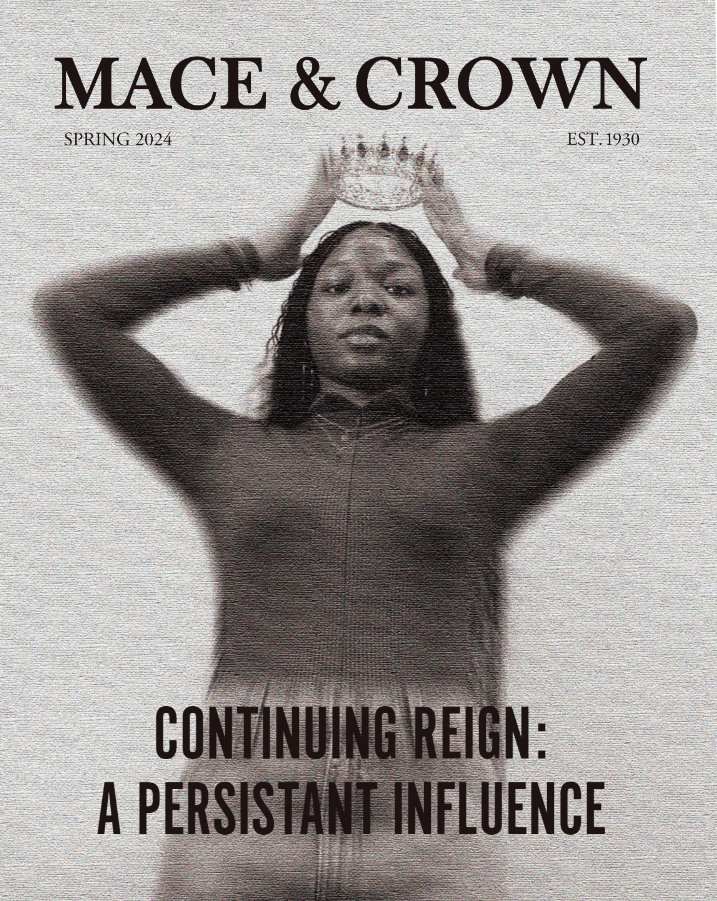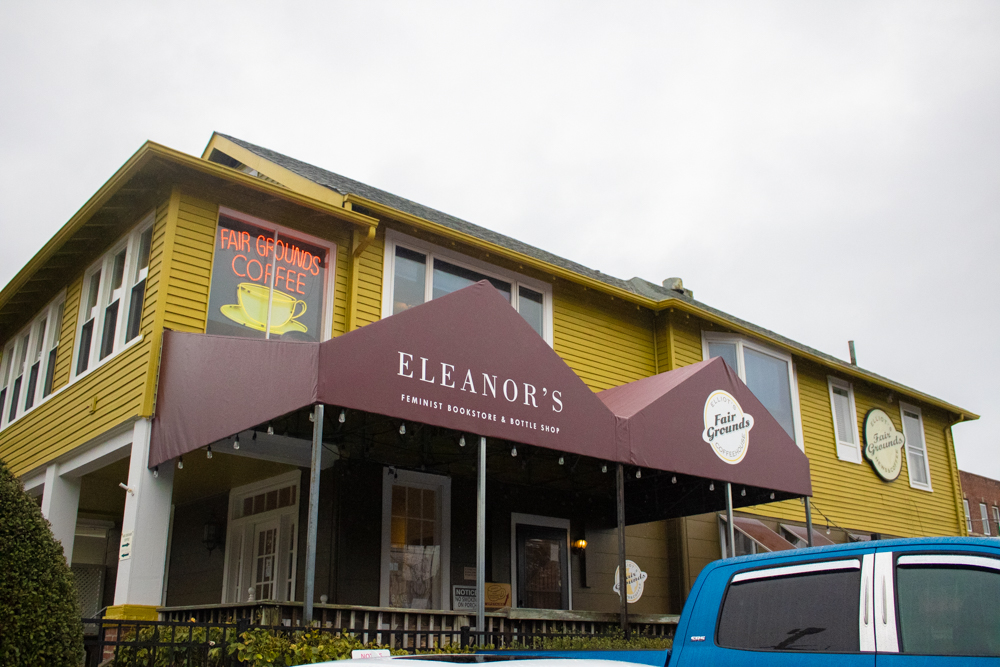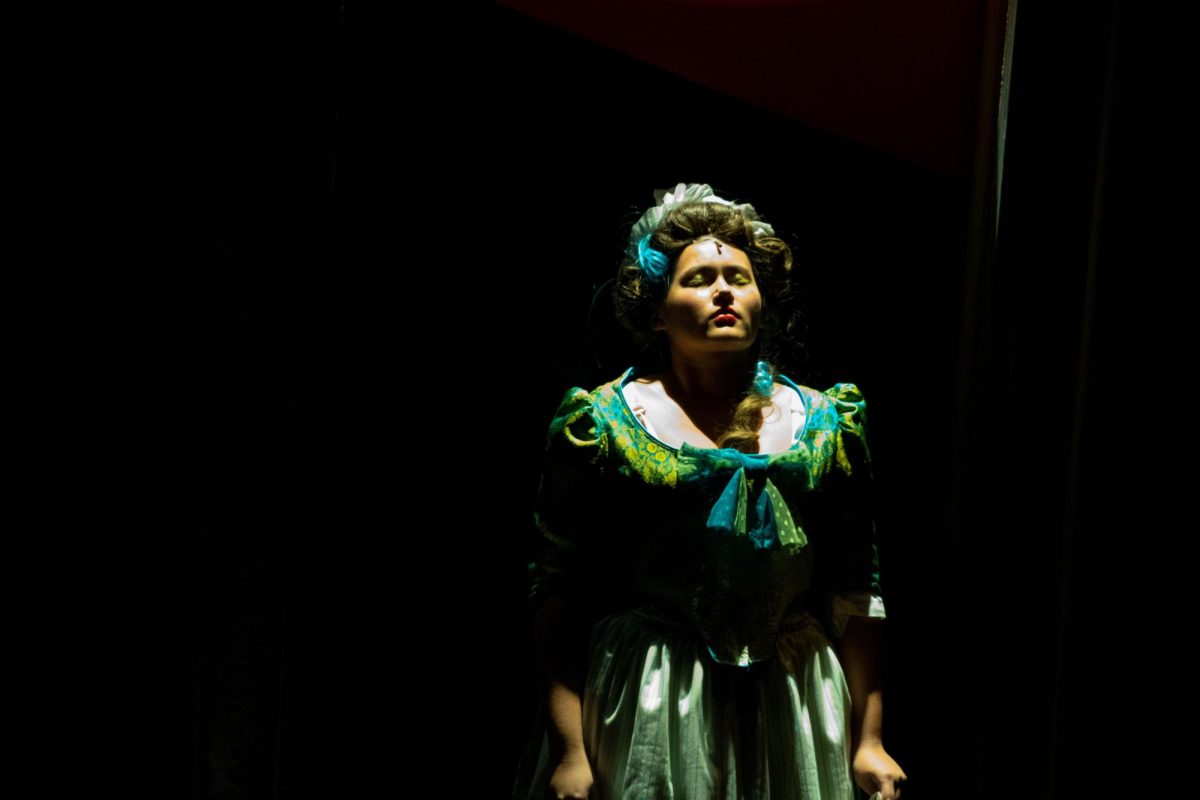Throughout Old Dominion University’s long and storied history, the university has sponsored many programs, some of which are lost to history. However, one particular program, whose records can be found in Special Collections, is notable for its setting—the infamous naval base in Guantanamo Bay, Cuba. But what secrets did these archives hold?
Old Dominion University established a satellite program at the Guantanamo Bay Naval Base in the spring of 1964. Courses were mostly taught by site personnel, but the hiring decisions, materials, and curriculum were provided or approved by the university itself. Details about the program itself are scarce, but correspondence continued at least until 1979, meaning the program operated for a minimum of 15 years consecutively.
Records help to give a glimpse into the academia of the 1960s and 1970s—from the mundane, like American Government and Algebra, to the more unique, like Coral Reef Ecology and Commercial Law. Courses appeared to be quite well attended; out of the years sampled, the lowest course attendance was 12 students (English 102), and the highest was 33 (Introduction to Business Enterprise). In 1965, 102 students enrolled in courses, but the total tuition paid by all students was $4284—less than one student’s semester at ODU today.
Guantanamo Bay, commonly known as “Gitmo,” is an American overseas possession on the island of Cuba. In 1903, America acquired Guantanamo Bay from the recently freed island of Cuba and immediately set out to make it a resupply station and naval base. Ever since the Cuban Revolution, however, the base has been a point of contention between the two countries, as the current Cuban government is not allowed to terminate the lease and it no longer wants United States armed forces on Cuban soil.
Guantanamo Bay has also garnered condemnation from the international community because of its use as an offshore detention facility. In the aftermath of 9/11, the United States’s invasion of Afghanistan resulted in the capture of many persons of interest, ranging from alleged terrorists to enemy combatants. Torture and inhumane treatment have been alleged by dozens of international agencies, including Amnesty International and the U.N., which have called for their closure.
There was not, indeed, any evidence of ODU’s complicity in a secret torture program (the reviewed records predated Guantanamo Bay’s detention program by decades), the Cuban Missile Crisis, or some other sordid affair. What was there instead, however, was evidence of a highly successful collaboration between an isolated, bored naval base and an up-and-coming Norfolk college that had only been officially established a few years prior.
The establishment of the Guantanamo Bay satellite program was largely a matter of happenstance; it appears that a major factor in the program’s establishment was Norfolk’s status as a naval hub. Regardless of its origins, the program was an immediate success. Correspondence between Old Dominion and Guantanamo Bay in 1964 and 1965 mostly detailed the challenges of running a satellite program without constant supervision from the university, as well as securing funding and paying tuition.
Over time, however, concerns in several areas are brought to light, including hiring, payment challenges, and communication challenges. Overall, however, most internal correspondence from the early years has a decidedly positive tone.
Many articles from the archives reference the enrollment process or advertise the program to Guantanamo residents. But on the backs of these newspaper clippings are rare glimpses into life on a military base in the 1960s and 1970s. The Guantanamo Gazette, the base paper of Guantanamo Bay, has it all: solicitations from several organizations for new members, advertisements for everything from university courses to old bicycles, and invitations to on-base events and activities.
Listed among these events are movie showings, circus acts, social clubs for the families of soldiers and officers, and Boy Scout troops. A two-man relay race is advertised beside obituaries and boxing match scorecards. For the bored and idle soldiers of a peacetime American military base in a time before the internet, events such as these were likely a welcome respite from the monotony of military life, and so it’s no surprise that ODU’s program was so welcome.
This program was so successful that the Guantanamo Gazette reported that some soldiers reportedly extended their tours of duty at Guantanamo Bay to further take advantage of this program. It’s not hard to see why—with cheap tuition made even cheaper by financial assistance and military discounts, this program was highly affordable to the young, mostly working-class enlisted men at Guantanamo Bay. Navy postings during peacetime are often highlighted for their tedium today, in an era where most soldiers have access to the internet and large libraries of media to watch in their free time.
The program also had practical implications—soldiers would be earning money from their service, advancing their careers in the military, and earning a degree at once. By simply fulfilling their duties and attending class, these soldiers were in effect “double dipping,” earning progress towards a potential degree while holding a full-time job in a respected field and keeping themselves occupied.
ODU’s satellite program at the Guantanamo Bay Naval Base may not have been a bombshell story for the Mace and Crown, but for a combined few thousand sailors over 15 years, it certainly made a big difference.


